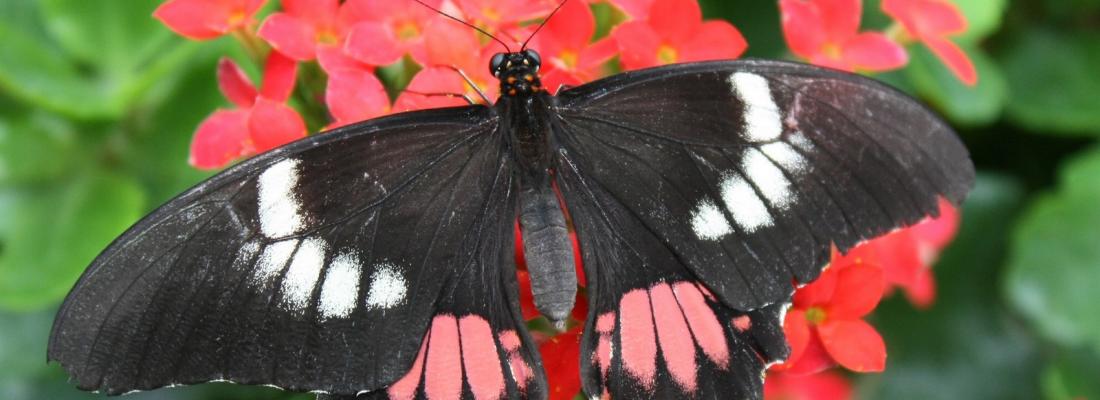Climate change and risks 3 min
MOPGA visiting fellowship programme in the field of One Health
The French Government’s Make Our Planet Great Again programme is launching a call for projects and fellowship opportunities to host young scientists who wish to carry out their research in France as part of the One Health approach. INRAE is offering hosting opportunities on this theme.
Published on 02 April 2021

Call for candidates 2022 - Make Our Planet Great Again (MOPGA) Programme – One Health approach
The Make Our Planet Great Again (MOPGA) programme launched by the French Ministry for Europe and Foreign Affairs in partnership with the Ministry for Higher Education, Research and Innovation and with Campus France, is offering 40 grants to young research scientists to cover a period of 12 months from January 2022.
Each grant offers the following benefits: a monthly income of €2500; an installation grant of €500 and support for social security coverage and health insurance costs.
INRAE ready to host One Health projects
Every year, INRAE hosts MOPGA programme fellows to work on research projects of excellence.
Numerous INRAE teams are involved in the One Health approach, which is being spotlighted by the MOPGA programme this year. This theme is central to an interdisciplinary approach for dealing with major health challenges which, because of trade globalisation and climate change issues, are expected to become of even greater concern during the years to come.
INRAE is also a central actor in the international PREZODE initiative on preventing zoonotic disease emergence. this was launched in January 2021 and currently involves more than a thousand scientists around the world. Find out more on PREZODE >
Eligibility and selection
The scientists must have obtained a PhD during the past five years at the date of application, that is they must have defended their thesis between May 2016 and April 2021. They must not have been living in France after 1st September 2020 (more than 90 days) and should only have foreign nationality. The start of the research grant period for young scientists in France will be in January 2022.
Particular attention will be paid to the geographical diversity of the successful candidates. In this respect, seven grants will be reserved for young scientists from Sub-Saharan African countries (list shown below, not including South Africa).
The selection process will be carried out by an internationally reputed jury supported by national experts.
Deadline for applications: 10 May 2021
For more information on this fellowship programme, click here
Other links to find out more about INRAE:
